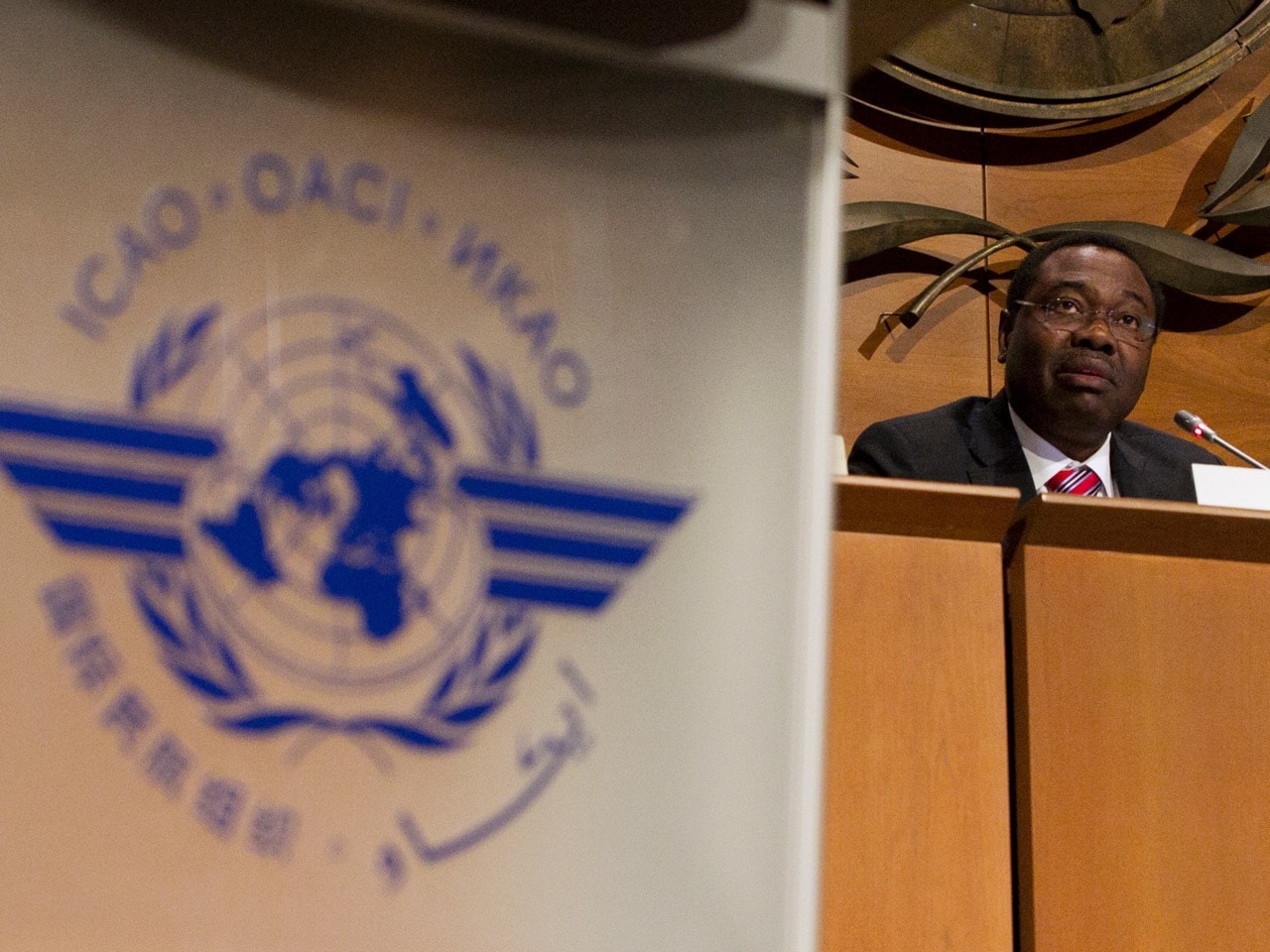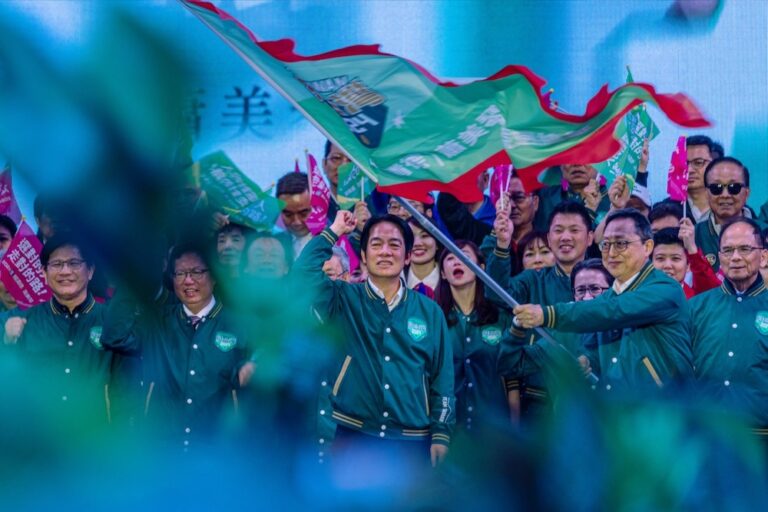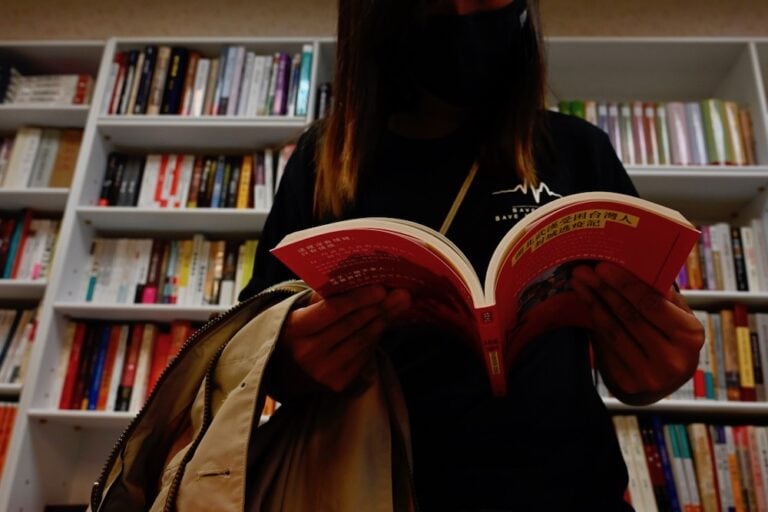The International Civil Aviation Organization should allow journalists to cover its events regardless of where they are from or where their employers are located, CPJ said.
This statement was originally published on cpj.org on 26 September 2016.
The International Civil Aviation Organization should allow journalists to cover its events regardless of where they are from or where their employers are located, the Committee to Protect Journalists said today. The UN agency, which is responsible for setting global safety standards, yesterday refused to accredit two journalists for Taiwanese media to cover the organization’s 39th Triennial Assembly, according to their employers.
An ICAO official surnamed Liu yesterday refused to accredit Chia Chang, a reporter for the Taiwanese newspaper The United Daily News, to cover the event, scheduled to take place in Montreal, Canada, between September 27 and October 7, 2016, saying the organization could not accept Chang’s Taiwanese passport, Chang’s employer reported. The paper reported its journalist had successfully registered online the day prior, but that the official told Chang the journalist had received only an automated response. Two hours after Chang left the ICAO building, the journalist received an email from ICAO stating that Chang’s registration had been canceled without explanation, The United Daily News reported.
An ICAO official yesterday also refused to accredit Yuli Hu, a reporter for Taiwan’s official Central News Agency, her employer reported. An ICAO official told Hu, who holds a Canadian passport, that because the Central News Agency is a Taiwan media outlet, the organization could not accredit her. The Central News Agency reported that the organization had previously sent an email to all news media who had registered to cover the summit saying journalists must provide a valid passport or proof of Canadian citizenship, but that it made no mention of Taiwanese media’s not being eligible to cover the event.
“Journalists play a vital role in ensuring that the International Civil Aviation Organization transparently fulfills its mission,” said CPJ Deputy Executive Director Robert Mahoney. “As an agency of the United Nations, which is charged with upholding freedom of expression, the ICAO should accredit journalists irrespective of the news organization for which they work.”
The ICAO did not immediately respond to CPJ’s emails or phone call seeking comment. Its head of communications, Anthony Philbin, told Reuters in an email that the organization “follows the United Nations’ ‘One China’ policy. While arrangements had been made for [Taiwan’s] attendance at the last (38th) session of the assembly, there are no such arrangements for this one.”
ICAO officials in 2013 initially rejected all applications from Taiwanese journalists to attend its assembly, but reversed that decision after China asked that Taiwan, then led by the pro-Beijing Nationalist Party, be invited to send representatives, according to Taiwan’s Central News Agency.
Voters in Taiwan in January elected the Democratic Progressive Party, which opposes greater mainland influence in Taiwan’s affairs.



